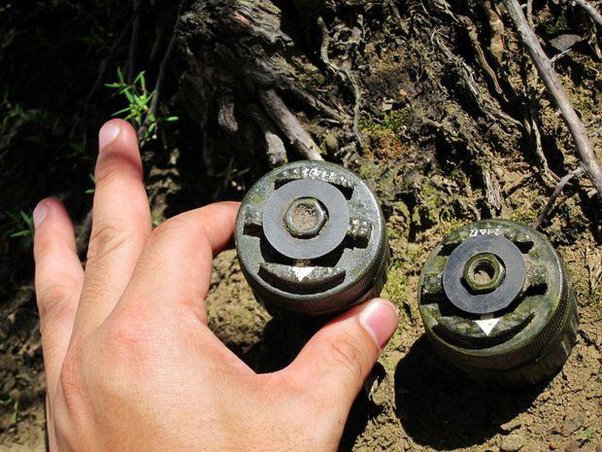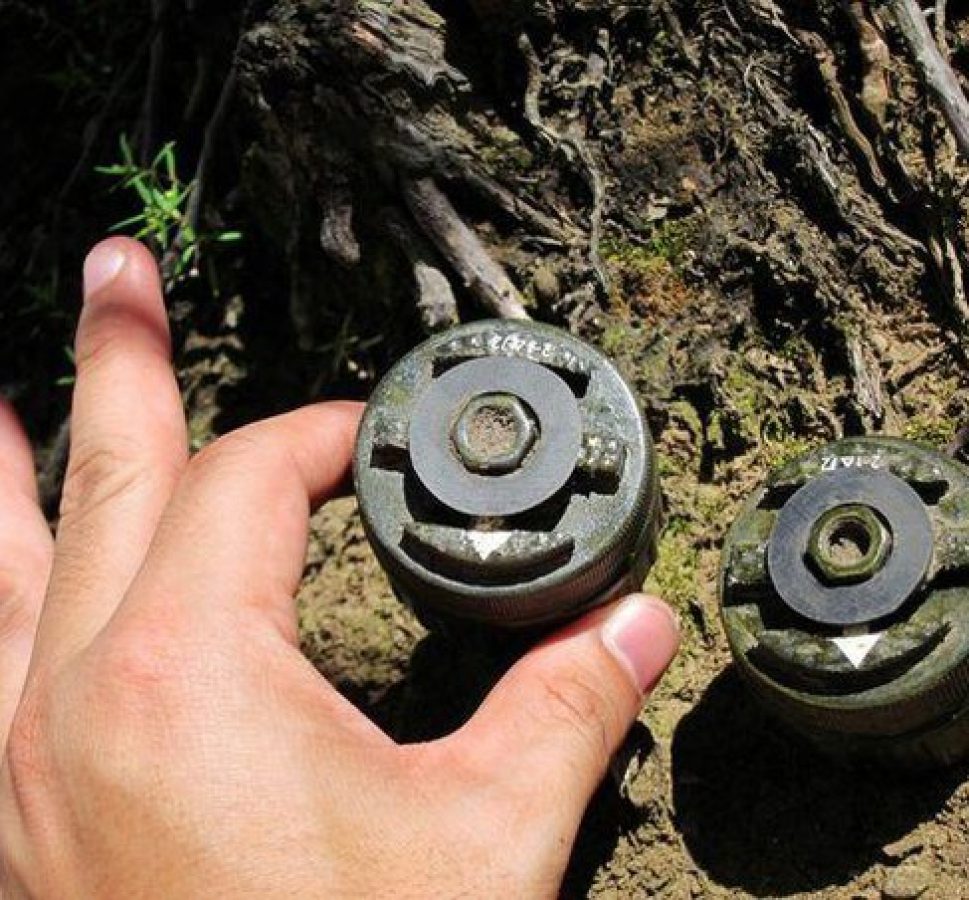
UN children’s agency says more than 20 percent of the victims were children.
The United Nations children’s agency (UNICEF) has said the number of people killed in Myanmar as a result of landmines and explosive ordnance tripled last year, with children accounting for 20 percent of the victims.
There were 1,052 verified civilian casualties from landmine and explosive ordnance incidents during 2023, compared with 390 incidents the year before, UNICEF said in a statement on Thursday to coincide with International Day for Mine Awareness and Assistance in Mine Action.
“The use of landmines is not only reprehensible but also illegal under international humanitarian law,” said Debora Comini, UNICEF regional director for East Asia and the Pacific. “It is imperative that all parties to the conflict prioritize the safety and well-being of civilians, particularly children, and take immediate steps to halt the use of these indiscriminate weapons.”
Myanmar was plunged into crisis when Senior General Min Aung Hlaing led a military coup against elected leader Aung San Suu Kyi in February 2021.
Since the military brutally suppressed peaceful protests against the coup, the country has slid into civil war with civilians joining forces with ethnic armed groups to force the generals from power.
Fighting has intensified since the end of October last year when the Three Brotherhood Alliance, a powerful coalition of armed groups, launched a surprise offensive against the armed forces taking control of multiple military outposts and key towns in the north and west.
More than 2.8 million people have been displaced as a result of the fighting, while more than 18 million people are in dire need of humanitarian assistance.
The military has been accused of widespread abuses including aerial attacks on civilians, and burning down villages.
UNICEF said the conflict meant “nearly all states and regions” in Myanmar, bar the capital Naypyidaw, were reported to have been blighted with landmines, and that the country was among the world’s most heavily contaminated with landmines and explosive ordnance.
Myanmar is one of some 32 countries that have not signed the UN convention banning anti-personnel mines, which came into force in 1999.
UNICEF noted landmines were being “used indiscriminately by all sides” in the conflict and that children were particularly vulnerable because they were less likely to recognise the weapons.
“The widespread deployment of weapons throughout the country means that children can encounter landmines practically anywhere, including near their homes, schools, playgrounds, and farming areas,” UNICEF said.
In 2022, Amnesty accused the Myanmar military of committing war crimes by laying landmines on a “massive scale” in and around villages in southeastern Kayah state, also known as Karenni state.
Advertisement
It says the military commonly manufactures and uses M-14 landmines, which can blow a victim’s foot off at the ankle, and the more powerful MM-2s, which can take off a person’s leg at the knee.






